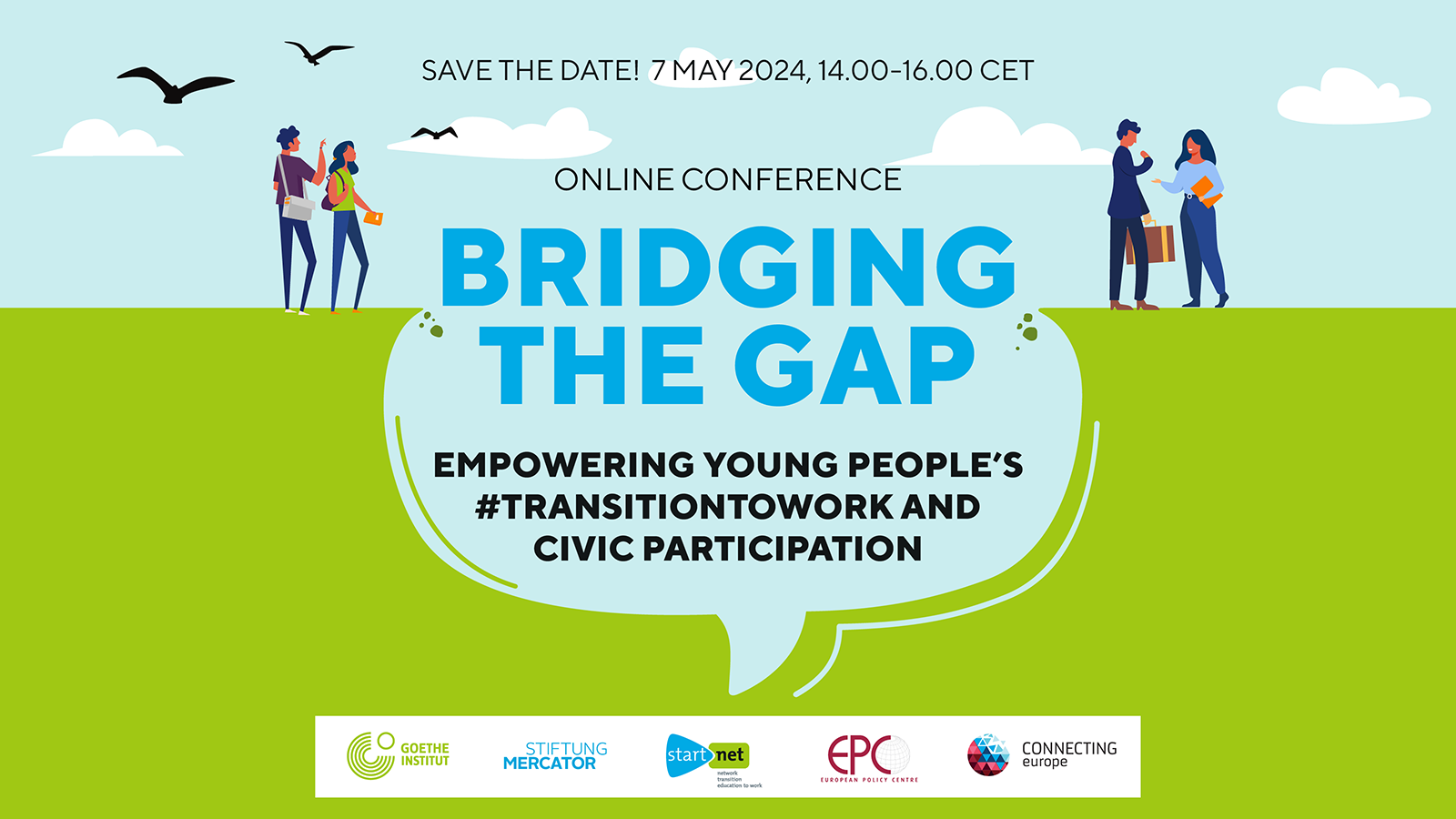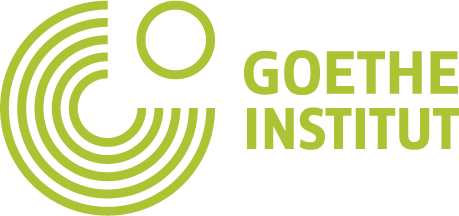On 7 May 2024, StartNet in collaboration with Connecting Europe and the EPC organised the online conference "Bridging the Gap: Empowering Young People’s #TransitionToWork and Civic Participation".
In various European regions, challenges like youth unemployment, educational dropouts, and skills mismatches persist, posing significant implications for individuals, economies, and societies. At the conclusion of the European Year of Skills, we were also looking back at 7 years of StartNet and its history of promoting young people’s #TransitionToWork. In the context of the European elections, with a lowered voting age in some Member States, the conference addressed remaining challenges and future priorities. The event gathered high-level EU policy makers, experts, practitioners, and young people themselves. The conference served as a space for dialogue on these critical issues, while being inspired by StartNet's most relevant achievements and learnings. Watch the conference here.
In his keynote László Andor, former EU Commissioner for Employment, Social Affairs and Inclusion, shared his experience with implementing the EU Youth Guarantee. He also highlighted the need for early intervention (Child Guarantee), continuous lifelong-learning and valuing the role of work plays in people’s lifes. MEP Vânia Neto emphasised the need to partnerships and innovations across sectors and countries. For Natalia Kallio, Board Member at European Youth Forum, quality and paid internships are key to young people’s transition to work and ambitious EU legislation is required. Tommaso Grossi, Policy Analyst at the European Policy Centre seconded her. Paolo Nardi, director of EfVET advocated for an eco-system approach that provides continuous guidance, skills, building on existing good practices.
During breakout sessions participants exchanged more interactively. Firstly, on early career guidance that prevents dropouts and skills mismatches. Secondly, on participation and that empowers young people and gathers all relevant stakeholders for a collective impact. Thirdly, good practice regarding provide green and digital skills, also through teaching the teachers. Finally, European learning mobility provides huge opportunities for collaboration and mutual learning, but often language and administrative barriers limit its inclusiveness.
Key takeaways messages include:
- Investment into education and youth employment
- Need for more systematic thinking, facilitating partnerships across sectors, countries and regions
- EU-legislation on internships and traineeships
- Enhancing youth participation and involvement of all relevant stakeholders
- Innovation in education with focus on skills for the green and digital transition
Have a look at the graphic recordings of the event provided by Christopher Malapitan and the StartNet Presentation. You can find exclusive media coverage by EurActiv, including soon an oped, event report and interview with Laszlo Andor.







